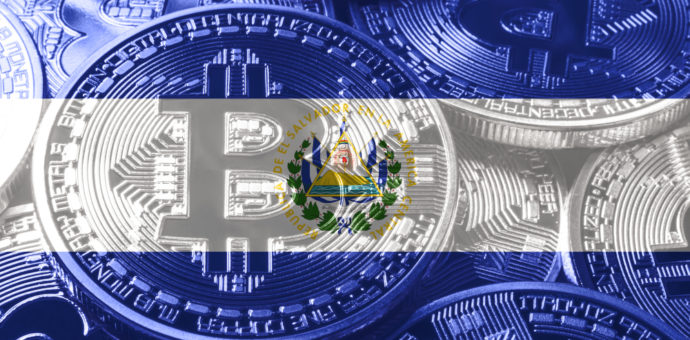El Salvador has become the first country in the world to adopt bitcoin as fiat money, as reported by Valor Econômico. In practice, companies and people need to accept bitcoin as a means of payment as long as there is technological availability.
The Central American country had not had its currency since 2001 when it adopted the dollar as its currency. Businessmen celebrated the decision, as a good portion of the citizens does not have financial services available. It is also believed that the adoption of bitcoin will help develop the country’s economy.
El Salvador’s measure is a historic milestone for cryptocurrencies and especially bitcoin. And it will be a great test for the leading cryptocurrency and its Lightning Network, the currency’s fast and scalable transaction layer. Without this layer, maybe bitcoin adoption would not be possible as transactions can take anywhere from minutes to hours to materialize.
There is a feeling in the market that other countries can follow suit, like what happened when Microstrategy said it would buy bitcoin to keep the cash. India for example, who wanted to ban the currency, has already signaled that it can accept it.
Bitcoin is seen as a valuable store of value and protection against inflation. The coronavirus pandemic has spawned the trillion-dollar injection of capital into the market by the world’s largest nations. Such money amount on the market could lead to hyperinflation in the future.
Law reflects a practice already widespread in the country
According to lawyer Guilherme Bandeira, who translated the book The Bitcoin Standard into Portuguese, the new legislation only reflects a common situation in the country, which has the US dollar as its official currency.
“Hundreds of Salvadoran families already use bitcoin as currency and as a store of value, and they already buy and sell products using bitcoin. Actually, for many, it is the safest and cheapest way to receive remittances from relatives living in another country”, he stressed in an article published days before the novelty was approved.
In El Salvador’s economy, remittances sent by Salvadorans living in other countries are equivalent to 22% of the Gross Domestic Product (GDP). Before bitcoin, according to Bandeira, Salvadorans lost much of their income to banks because of abusive remittance fees. Thus, with cryptocurrency, these people now receive their remittances in hard currency, through cell phone or computer, without risk exposure.







